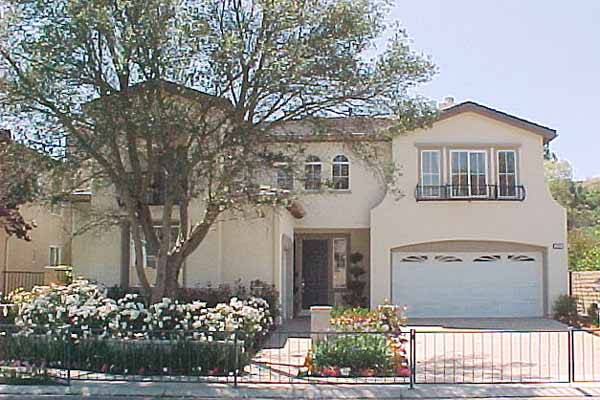OVERAGE RENT (INCOME)
Maximizing Retail Property Returns: Understanding Overage Rent (Income)
In the realm of commercial real estate, particularly within the retail sector, overage rent, also known as percentage rent, stands as a significant component of lease agreements. Understanding the dynamics of overage rent is crucial for landlords, tenants, and investors seeking to optimize the financial performance and profitability of retail properties.
What is Overage Rent (Income)?
Overage rent, or percentage rent, represents a supplemental form of rental income in addition to the fixed base rent. This structure allows landlords to share in the success of their retail tenants by receiving a percentage of the tenant's sales revenue once it surpasses a predetermined threshold.
Benefits for Landlords
For landlords, overage rent presents an opportunity to align their financial interests with the performance of their retail tenants. By tying a portion of the rent to the tenant's sales, landlords stand to benefit from the success of their tenants, fostering a mutually beneficial relationship.
Considerations for Tenants
Tenants, on the other hand, must carefully assess the implications of overage rent on their cost structure and profitability. While a higher base rent may seem less appealing, the percentage-based overage rent ensures that tenants only pay more when their sales exceed a certain threshold, aligning their rental expenses with their business success.
Key Considerations for Investors
Investors eyeing retail properties with overage rent structures should evaluate the potential for increased income based on tenant sales performance. Understanding the historical sales data and negotiating favorable overage rent terms can significantly enhance the investment’s potential returns.
Investors eyeing retail properties with overage rent structures should evaluate the potential for increased income based on tenant sales performance. Understanding the historical sales data and negotiating favorable overage rent terms can significantly enhance the investment’s potential returns.
Conclusion
In the realm of retail real estate, overage rent (income) serves as a dynamic mechanism that intertwines the success of tenants with the financial interests of landlords. This structure not only incentivizes tenants to drive sales but also aligns the financial performance of the property with its overall success. By comprehensively understanding the nuances of overage rent, stakeholders can navigate retail property investments with insight and acumen, positioning themselves for enhanced financial returns and sustainable growth.
MORE REAL ESTATE TERMS
A, B, C, D, E, F, G, H, I, J, K, L, M, N, O, P, Q, R, S, T, U, V, W, X, Y, Z
Featured New Home

Featured Mortgage Brokers
- FIRST HERITAGE FINANCIAL, LLC, TREVOSE, PA
2655 NESHAMINY INTERPLEX DR
TREVOSE, PA 19053 - EMBRACE HOME LOANS INC, MIDDLETOWN, RI
25 ENTERPRISE CTR
MIDDLETOWN, RI 2842 - FIDELITY BANK, ATHENS, GA
1045 S MILLEDGE AVE STE 200
ATHENS, GA 30605 - ALCOVA MORTGAGE LLC, ROANOKE, VA
305 MARKET ST SE STE 204
ROANOKE, VA 24011 - MOVEMENT MORTGAGE LLC, RICHMOND, VA
5014 MONUMENT AVE
RICHMOND, VA 23230